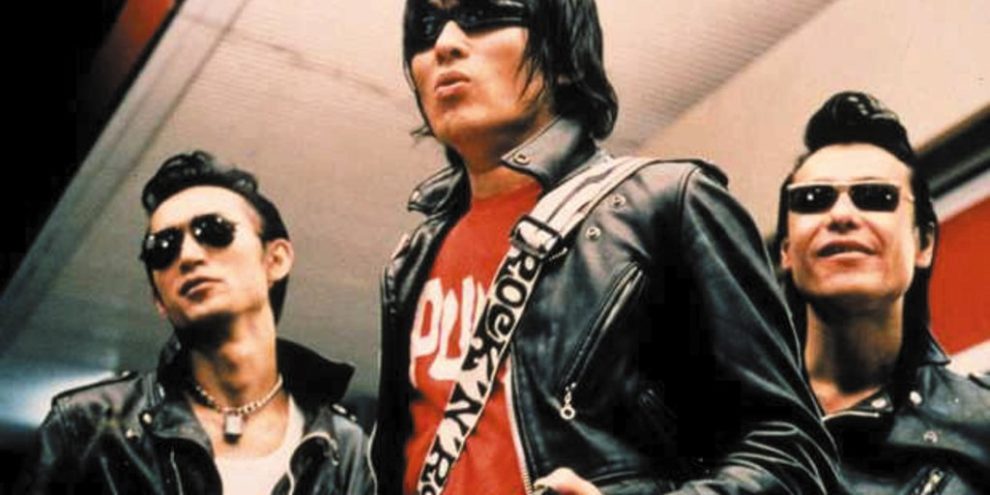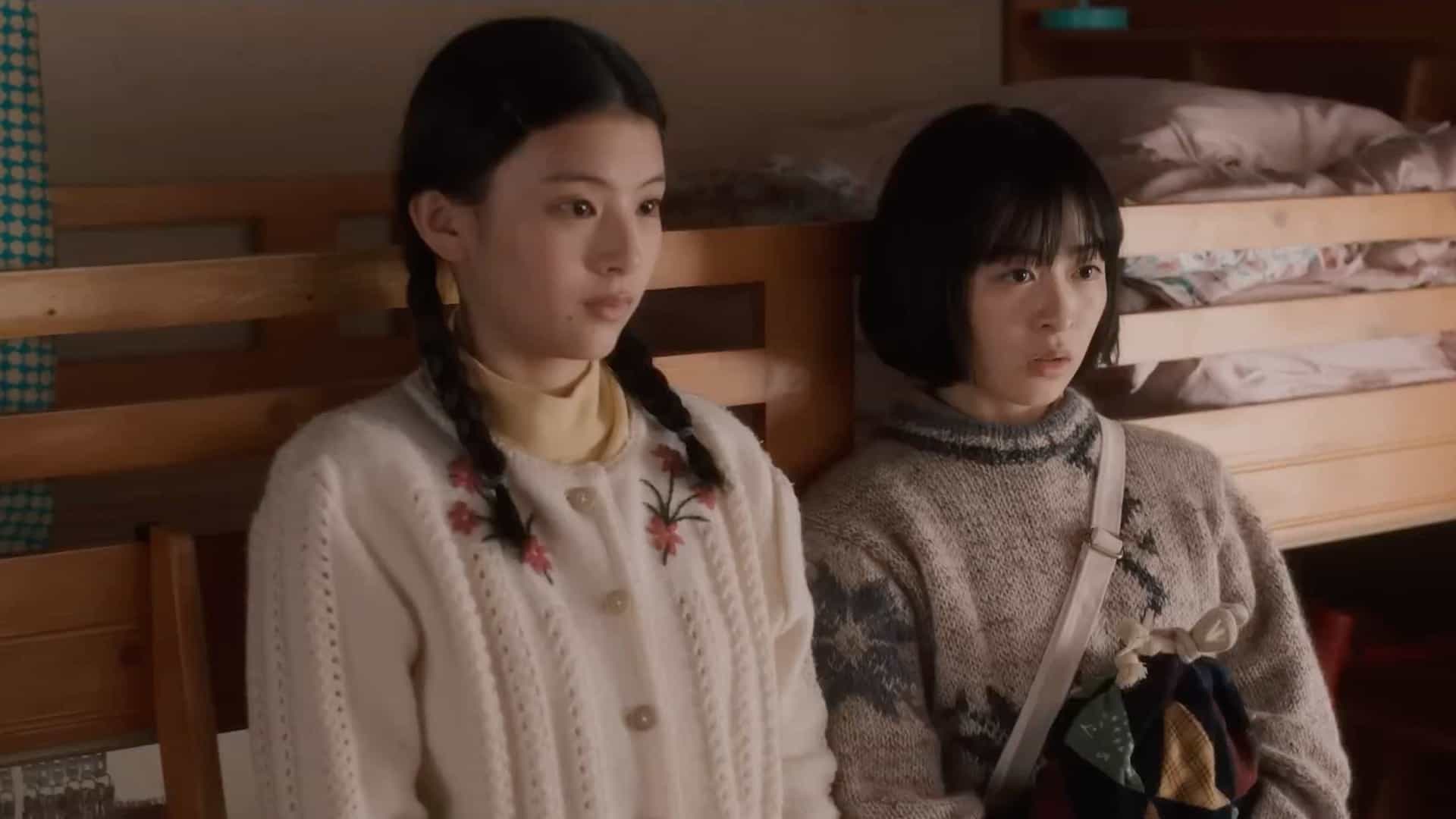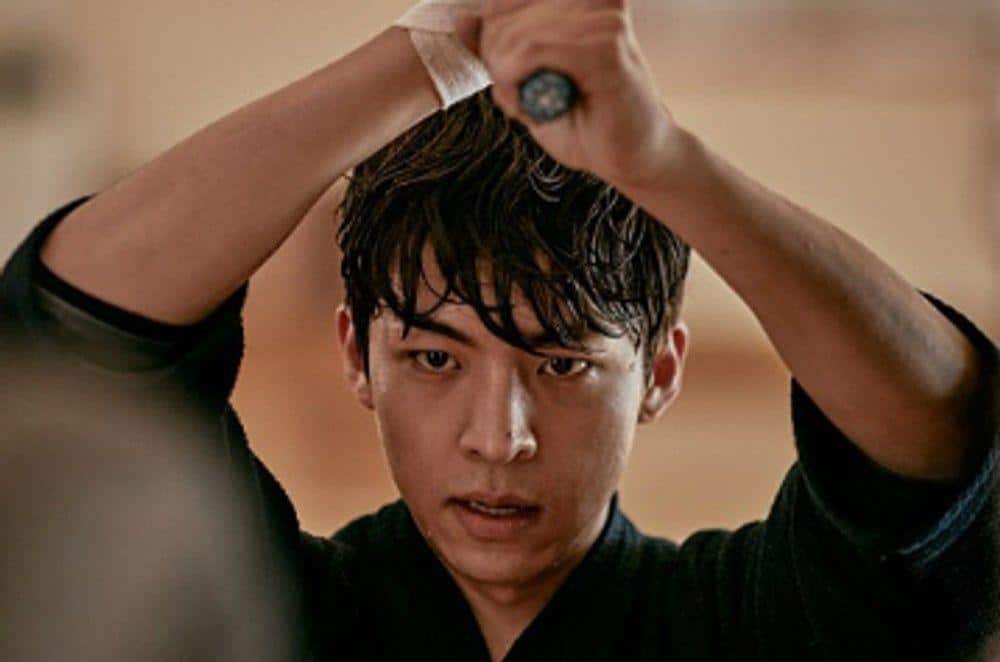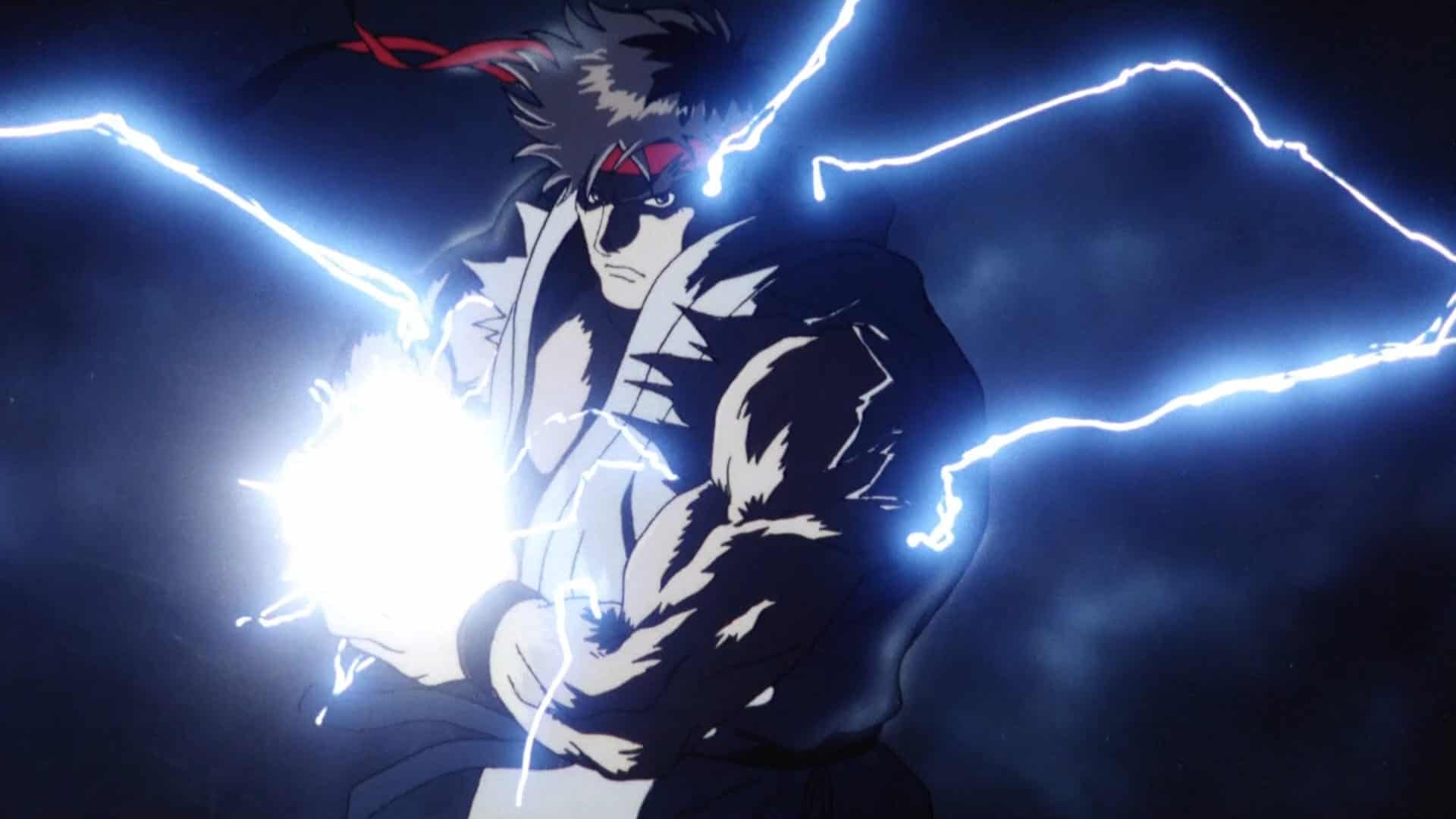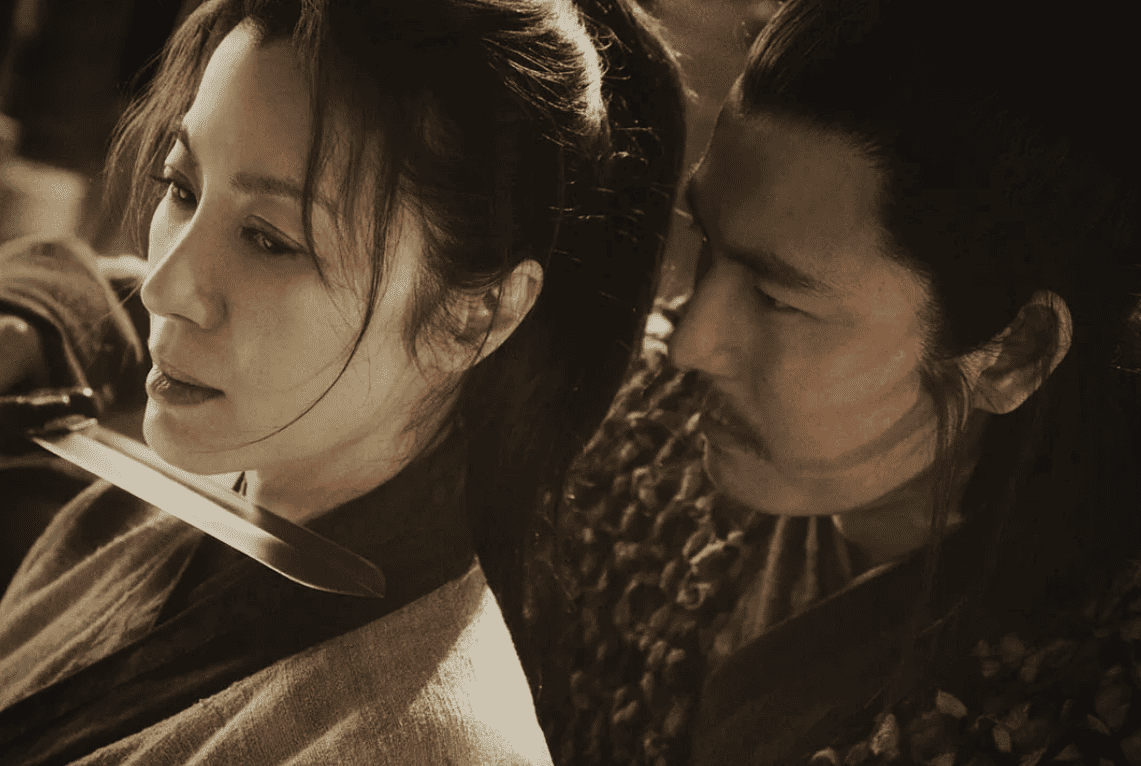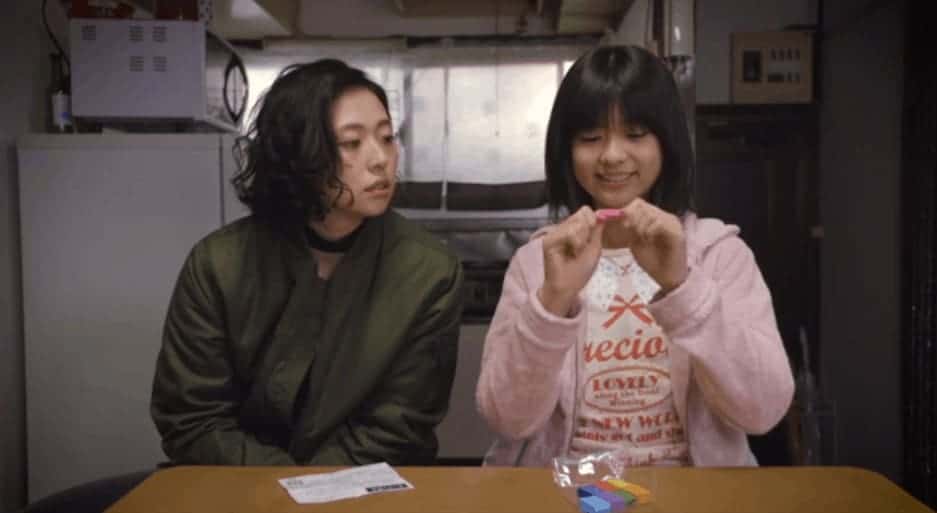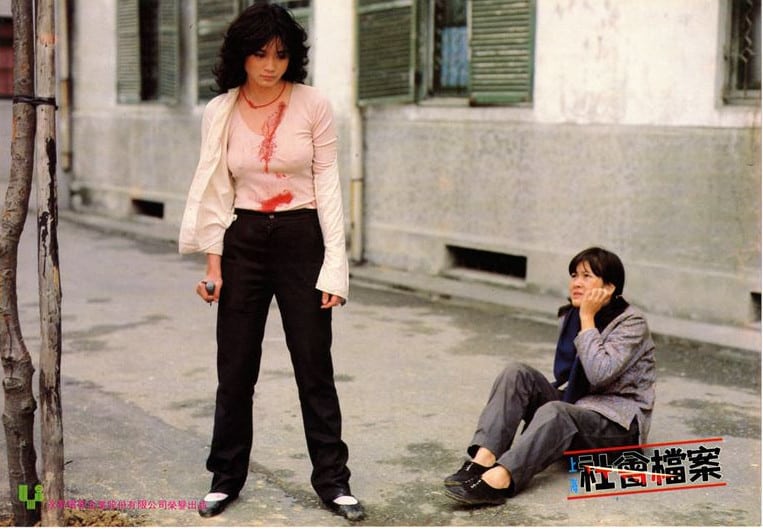Few figures have inspired artists and people in general more than the rockstar, both as a performer as well as a symbol of (sexual) attraction. Whether we are talking about Jim Morrison, Elvis Presley or Johnny Rotten, they have become an integral part of popular culture, of rebellion and admiration, further highlighted by their superior status indicated through them being on stage looking down on the cheering, dancing crowd. Japanese culture is no different as many musical trends have either made their way to the country or have originated there, while also being one of the key elements for other forms of art. The 1990s has seen its fair share of music and the figure of the rockstar being featured in movies, such as Hiroyuki Nakano's “Samurai Fiction”, a chanbara infused with a distinct music-video-aesthetic, or Tetsuro Takeuchi's “Wild Zero” which combines elements of zombie horror, comedy and musical, with the garage rock band Guitar Wolf not only adding the soundtrack, but also playing an important role within its narrative.
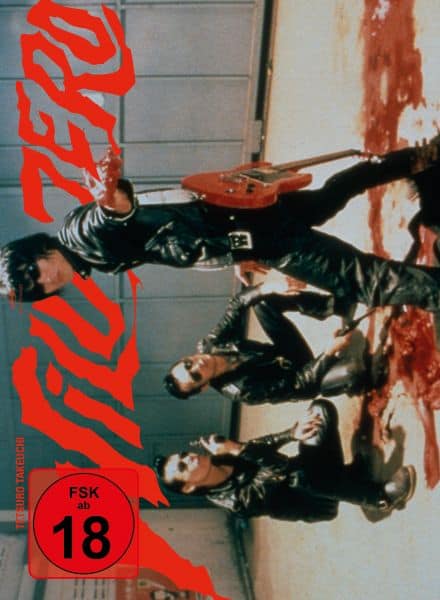
However, the movie's protagonist Ace (Masashi Endo) may have the looks and the clothes, but he lacks the coolness of the rockstar, which is why he adores the members of Guitar Wolf, his favorite rock band, and goes to every concert of the group. By accident, he stumbles into a fight between the musicians and the manager of the venue, where they have just performed, distracting the owner, which gives the lead singer the necessary time to deliver a devastating blow to his opponent. Impressed by Ace, the band gives him a whistle, which he is supposed to use whenever he is in trouble to signal Guitar Wolf, who will come to his aid. Needless to say, Ace is not only happy about meeting the band but also about having been noticed by them.
On his way home, he is understandably happy, but his time as hero by accident is far from finished as he knocks over a man robbing a gas station. Feeling attracted to her rescuer, Tobio (Kwancharu Shitichai) decides to join the young man , when trouble comes their way again, this time in the shape of people turning into flesh-eating zombies. While Ace has his hands full fending off the undead creatures, he uses the whistle signaling Guitar Wolf to support him. However, the manager of the club from before has recovered from the previous fight with the band, and wants revenge for the humiliation he suffered at the hands of the musicians.
Even though it is not necessary for the viewer of “Wild Zero” to know his/her way around the various releases of the band, it is, nevertheless, worthwhile to take a short look at their role models in music. Apart from groups like The Ramones, indicated by the taste in fashion of the three and members, one of the main influences are bands such as Link Wray, whose most famous song “Rumble” is what you hear when Guitar Wolf goes into battle in “Wild Zero”. Apart from the music-video-aesthetic of Takeuchi's feature, the blend of humor, chaos and rebellious attitude is what infuses the narrative, making it an altogether very entertaining experience for the audience.
In many ways, “Wild Zero” represents the kind of chaos the film's poster already promises its viewer. Takeuchi, who also co-wrote the script, combines various elements, mainly horror and musical, but also aspects of science-fiction, comedy and even romance in order to create the heightened reality of the world the story takes place in. It is the story of the hero fighting sheer impossible odds to finally achieve his goal, to be a rockstar in all the ways you can understand the term.

In the end, “Wild Zero” is indeed a wild ride of a movie. Tetsuro Takeuchi combines punk-rock-attitude with elements of various different genres, reminiscent of the way music videos were shot in the 1980s and 1990s (a lost art indeed) and delivering a wonderfully chaotic, very entertaining feature.


